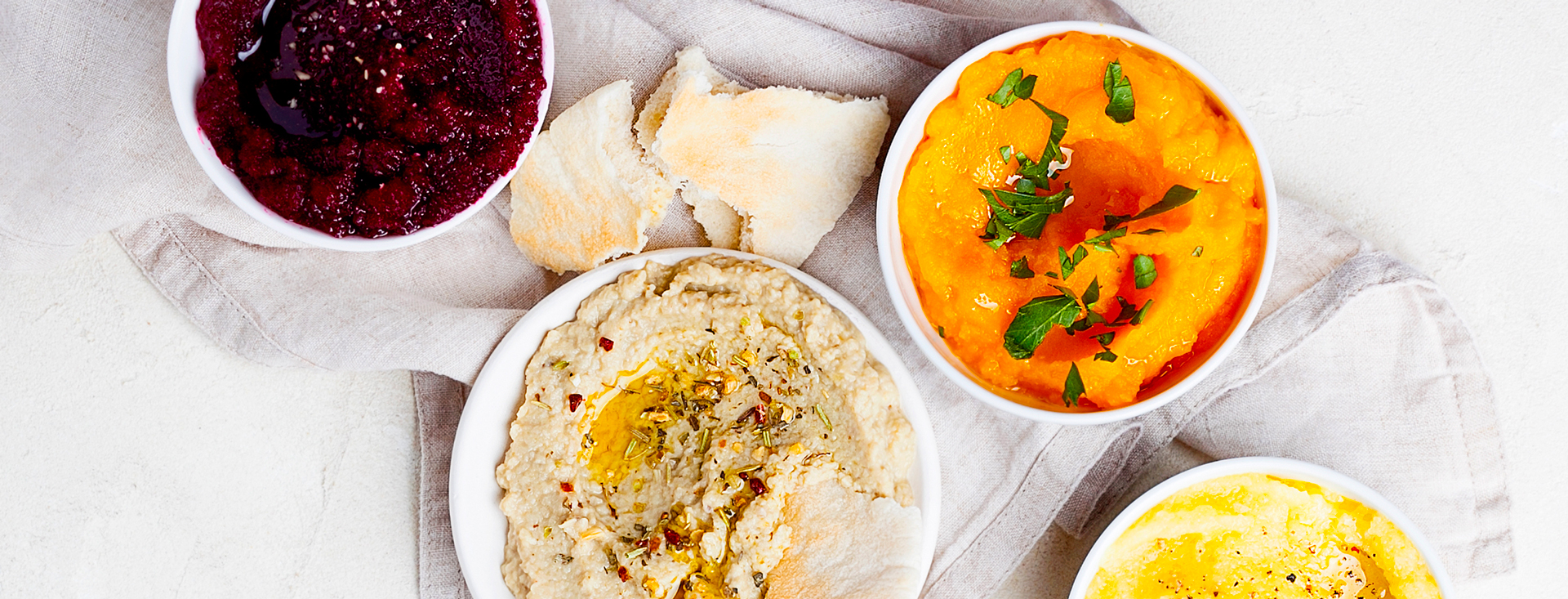Wholesale food supplier, such as for wholesale olives, are companies that sell food products in large quantities to businesses such as restaurants, grocery stores, and other food retailers. These suppliers work by purchasing food items in bulk from manufacturers or farmers at a discounted rate and then selling them to customers at a profit. The first step for a wholesale food supplier is to establish relationships with manufacturers or farmers who produce the food items they want to sell. They negotiate prices, delivery schedules, and other terms of the transaction. Once a relationship is established, the supplier places orders for the food products and arranges for delivery to their warehouse or distribution centre. At the warehouse, the food products are inspected for quality and quantity before they are stocked. The supplier then maintains an inventory of these products, ready to fulfil orders from their customers. Customers can place orders through the supplier’s website or by phone, and the supplier will then arrange for delivery or pickup of the products.
Wholesale food suppliers and variety
Wholesale food suppliers offer a wide variety of food products, including fresh produce, meats, dairy products, canned goods, and dry goods. They may also offer specialty items such as gluten-free or organic products. The supplier’s product offerings are typically based on the demand from their customers, and they will adjust their inventory accordingly. Pricing for wholesale food products is based on volume, meaning the more a customer orders, the lower the price per unit. This incentivises customers to order in large quantities, which benefits both the supplier and the customer. To maintain their customer base, wholesale food suppliers must provide high-quality products, competitive pricing, and excellent customer service. They must also stay up-to-date with industry trends and regulations, ensuring that their products, wholesale olives or others, meet food safety and labelling standards.
